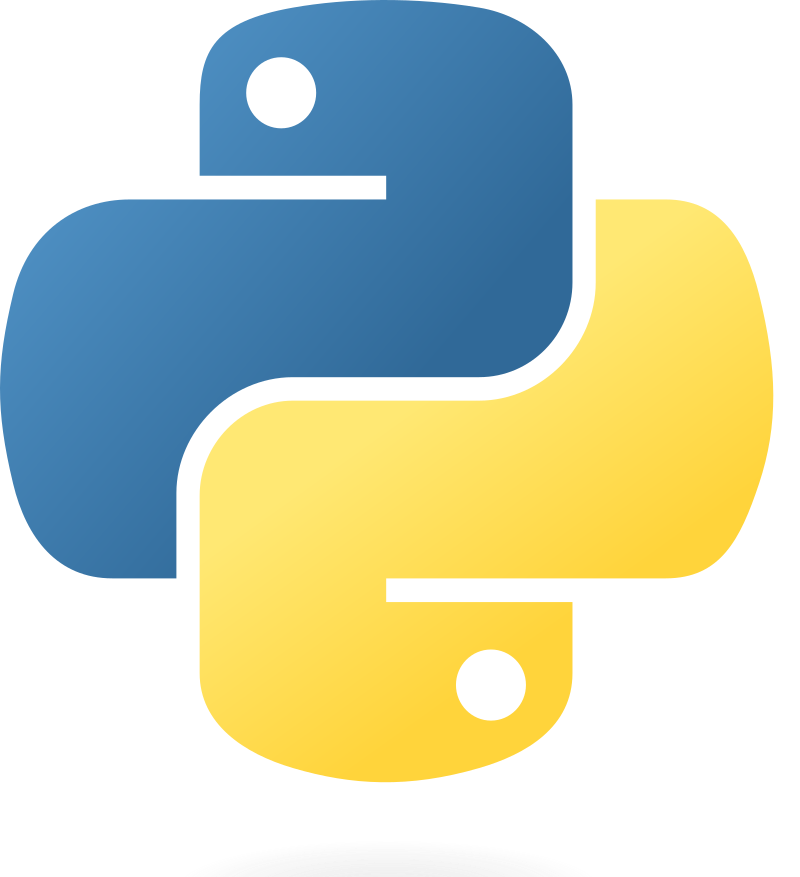Are you new to programming and looking to dive into the world of Python? Look no further! In this beginner-friendly tutorial, we’ll take you through the fundamentals of Python programming, starting from data types all the way to classes. Let’s get started!
1. Data Types in Python:
Python supports various data types to represent different kinds of information. Here are some commonly used data types:
- Integer: Whole numbers without any decimal points.
- Float: Numbers with decimal points.
- String: A sequence of characters enclosed within single or double quotes.
- Boolean: Represents the truth value of an expression (True or False).
# Examples of data types in Python
my_integer = 10
my_float = 3.14
my_string = "Hello, Python!"
my_boolean = True
print(my_integer, type(my_integer))
print(my_float, type(my_float))
print(my_string, type(my_string))
print(my_boolean, type(my_boolean))
2. Functions and Methods:
Functions and methods are reusable blocks of code that perform specific tasks. Functions are defined using the def keyword, while methods are functions that belong to objects.
# Example of defining a function
def greet(name):
print("Hello,", name)
# Example of using a function
greet("Python")
# Example of defining a method within a class
class MyClass:
def say_hello(self):
print("Hello from MyClass!")
# Example of using a method
obj = MyClass()
obj.say_hello()
3. Introduction to Classes:
Classes are blueprints for creating objects in Python. They encapsulate data and behavior within a single unit and enable code reusability and modularity.
# Example of defining a class
class Car:
def __init__(self, brand, model):
self.brand = brand
self.model = model
def display_info(self):
print("Brand:", self.brand)
print("Model:", self.model)
# Example of creating objects from a class
car1 = Car("Toyota", "Corolla")
car2 = Car("Honda", "Civic")
# Example of accessing class attributes and methods
car1.display_info()
car2.display_info()
With these foundational concepts, you’re well on your way to mastering Python programming. Stay tuned for more tutorials to deepen your understanding and expand your Python skills!
